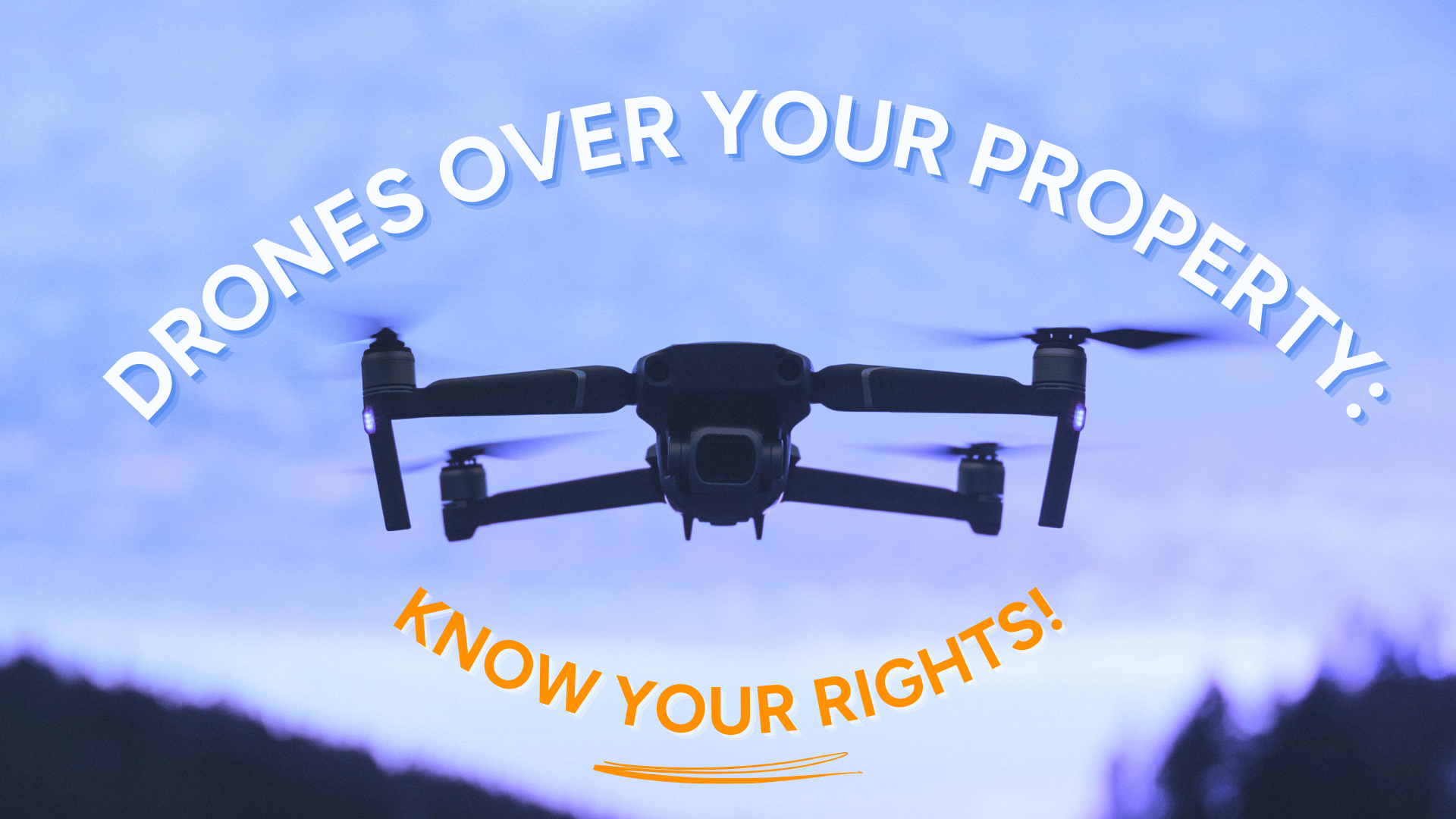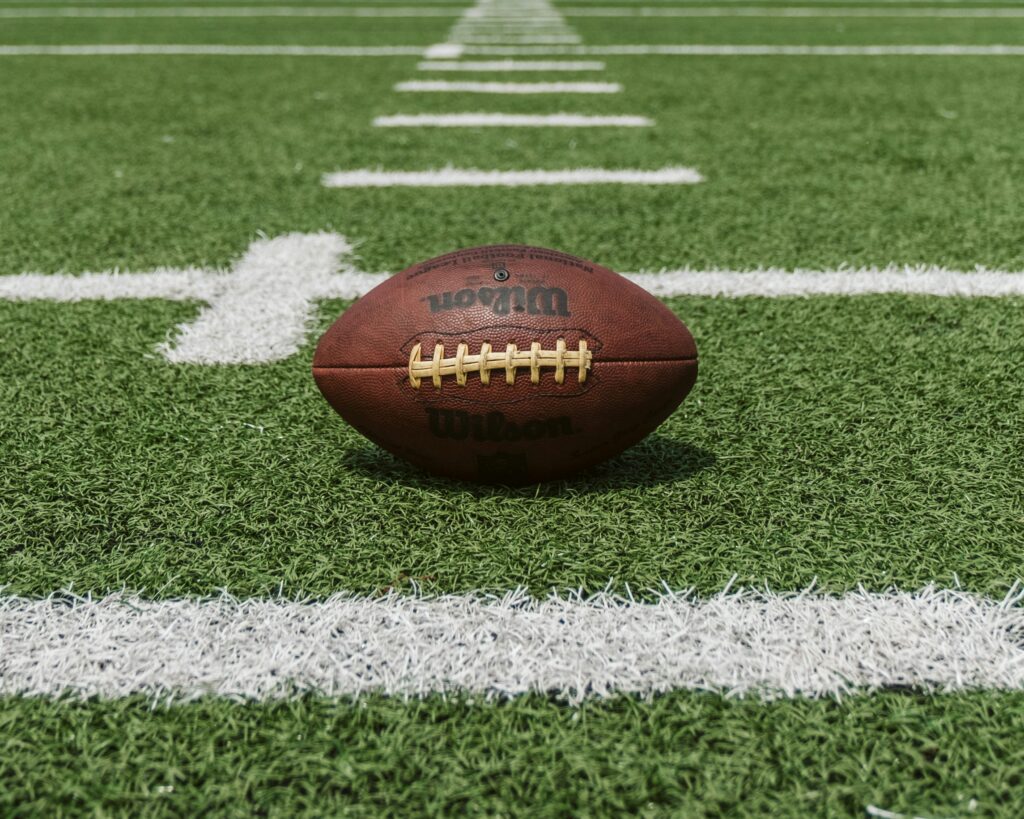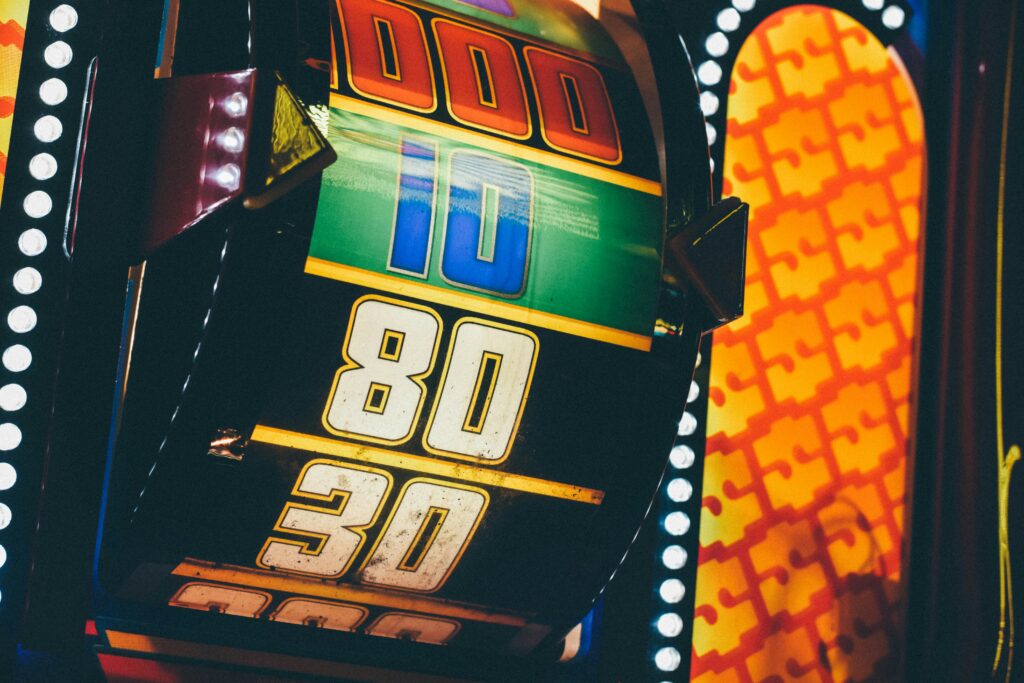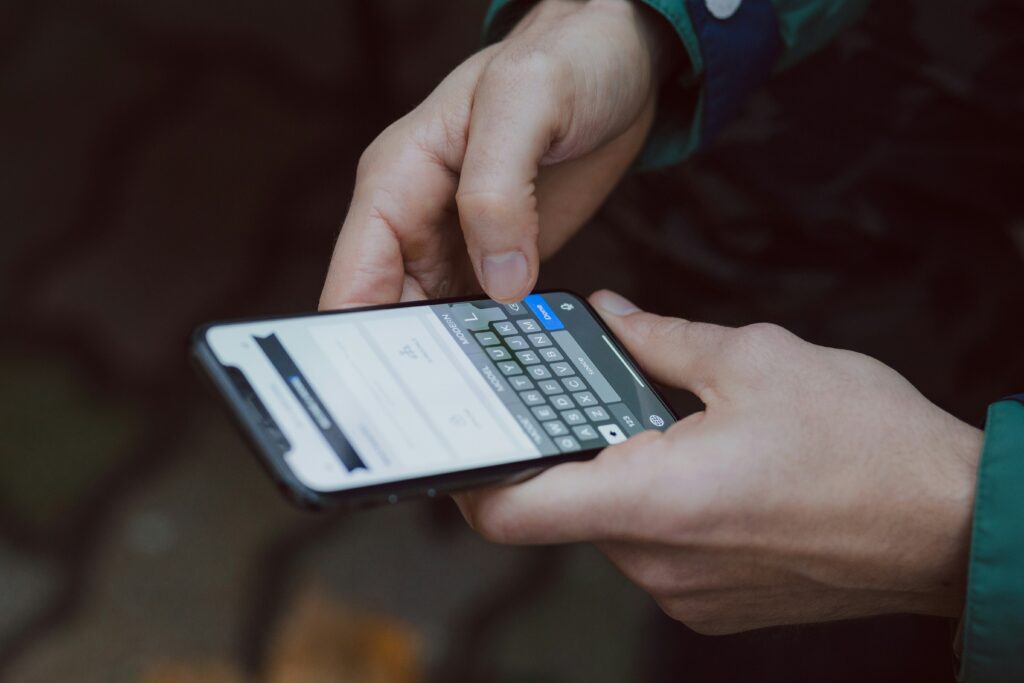NFL Dropped the Ball
In a class action lawsuit, the National Football League (NFL) product Sunday Ticket was scrutinized by both fans and the owners of bars and restaurants that televised the league’s football games. The plaintiffs argued that the NFL purposefully inflated the cost of the Sunday Ticket package to a whopping $300 per season. The price was exponentially higher than the $70 price point ESPN was willing to have fans pay. ESPN was also willing to throw in single-team options. Instead, the NFL entered a contract with DirecTV until it switched to YouTube TV in 2022. Fans accused the NFL of attempting to limit subscribers.
A Winning Argument
In February, the jackpot of a lifetime landed in the lap of New Jersey native, Rony Beal. A routine visitor of Bally’s Atlantic City Hotel & Casino, Beal played hundreds of dollars on a particular Wheel of Fortune machine, which granted a lifechanging payout of $2,555,910. Now, months later, the winner has hired a lawyer, has contacted a news media outlet, and plans to take legal action against Bally’s and IGT, the company that manufactures and manages the machines played by Bally’s casino patrons. The monetary damages have not yet been specified.
Calling all Customers!
AT&T announced in March that a collection of personal, private information about 73 million of the company’s former and current customers was breached. Although the data was posted on the internet this year by the hacker enterprise known as MajorNelson, AT&T confirmed that the compilation of information stemmed from five years ago or even earlier. Following the alleged flagrant and negligent disregard for maintaining appropriate security of its customer’s private records, AT&T has been named in a proposed class action lawsuit. The breakdown of those impacted includes 7.6 million current customers and 65.4 million former customers.
Take a Bite Out of This
Apple is once again in the news for yet another lawsuit involving possible antitrust infringement. In this most recent case, filed at the beginning of this month, Apple has been accused of engaging in the practice of “tying,” which involves the stipulation that a consumer must use one product to use another. Specifically, users of iPads and iPhones are tied to the iCloud service for storage. According to the lawsuit, given Apple’s position in the market as a monopoly, certain rules apply to the company that make it allegedly illegal for the company to tie these products together.






